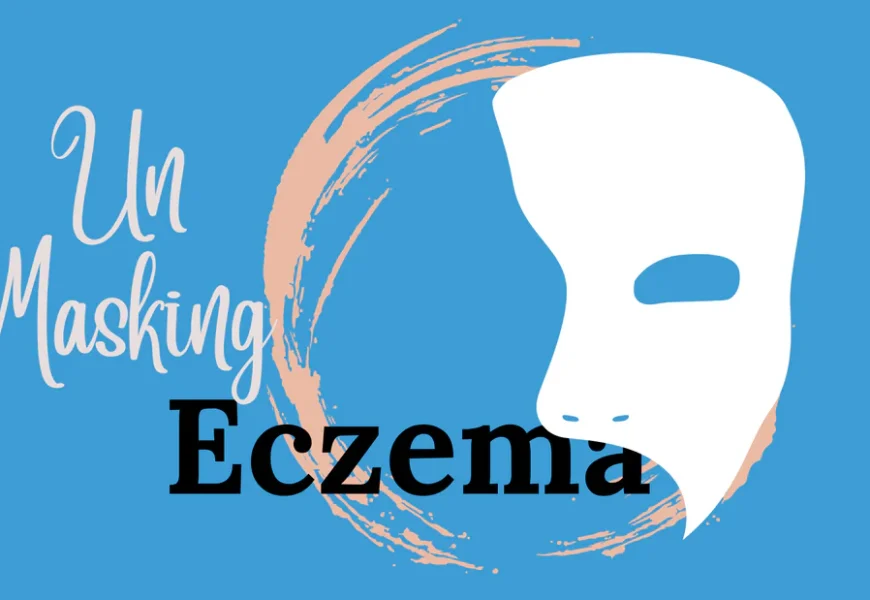Eczema, medically known as atopic dermatitis, is a common skin condition that affects millions of people worldwide. Characterized by itchy, inflamed, and sometimes cracked skin, eczema can be more than just a minor irritation—it can significantly impact daily life. While treatments exist to manage symptoms, understanding the triggers and root causes of eczema is essential for effective prevention and long-term relief.
What Is Eczema?
Eczema is a chronic condition in which the skin’s protective barrier becomes compromised. This makes it easier for irritants, allergens, and microbes to penetrate, leading to inflammation, itching, and dryness. Although eczema can develop at any age, it often begins in childhood and may continue into adulthood. The condition can appear anywhere on the body but is commonly found on the hands, face, elbows, and knees.
Genetic Factors: The Inherited Component
One of the most significant root causes of eczema is genetics. Research shows that individuals with a family history of eczema, asthma, or hay fever are more likely to develop the condition. Specific gene mutations, such as those affecting the skin protein filaggrin, can weaken the skin barrier, making it more prone to irritation and moisture loss. This genetic predisposition does not guarantee eczema, but it does increase vulnerability when combined with environmental factors.
Environmental Triggers
While genetics lay the groundwork, environmental factors often spark flare-ups. Common triggers include:
- Allergens: Pollen, pet dander, dust mites, and mold can provoke immune responses in sensitive individuals.
- Irritants: Harsh soaps, detergents, fragrances, and chemicals can strip the skin of its natural oils, worsening eczema symptoms.
- Climate and Weather: Extreme temperatures, humidity, or sudden changes in weather can aggravate the skin. Cold, dry air can lead to dryness and cracking, while hot, humid conditions may cause excessive sweating and irritation.
Lifestyle and Daily Habits
Lifestyle choices can also influence eczema flare-ups. Stress, for instance, has a well-documented link to skin conditions, as it can trigger inflammatory responses. Dietary factors may play a role in some individuals; certain foods, such as dairy, eggs, nuts, or gluten, can exacerbate symptoms. Additionally, excessive bathing or using very hot water can strip the skin’s protective barrier, increasing vulnerability to irritants.
Microbial and Immune System Factors
Eczema is also tied to the immune system. People with eczema often have an overactive immune response, which can lead to inflammation even from minor irritants. The skin microbiome—the collection of microorganisms that live on the skin—also plays a role. An imbalance, such as an overgrowth of Staphylococcus aureus, can worsen inflammation and increase the risk of infection.
Hormonal Influences
Hormones can impact eczema, particularly in women. Many women notice flare-ups during pregnancy, menstruation, or menopause. Hormonal changes can affect skin sensitivity, immune function, and inflammation, all of which may trigger eczema episodes.
Recognizing Patterns
Understanding your personal triggers is key to managing eczema effectively. Keeping a symptom diary can help identify patterns, whether related to diet, skincare products, environmental exposures, or stress. By pinpointing triggers, individuals can take proactive steps to minimize flare-ups and reduce reliance on medications.
Prevention and Management
Although eczema cannot be completely cured, identifying its causes makes it easier to prevent and manage flare-ups. Maintaining a consistent skincare routine—such as moisturizing frequently, using gentle, fragrance-free products, avoiding known triggers, and managing stress—can significantly reduce symptoms. For more persistent or severe cases, dermatologists in Salt Lake City offer specialized eczema treatments, including prescription topical corticosteroids, immunomodulators, and phototherapy, to help control inflammation and promote healthier skin.
In Conclusion
Eczema is a complex condition influenced by a combination of genetic, environmental, lifestyle, and immune system factors. By unmasking the root causes and common triggers, individuals can take proactive steps toward managing flare-ups and protecting their skin. Awareness, consistent skincare routines, and careful monitoring of potential triggers can transform eczema from a frustrating, unpredictable condition into a manageable part of life. Understanding your skin is the first step to reclaiming comfort, confidence, and healthy skin.





